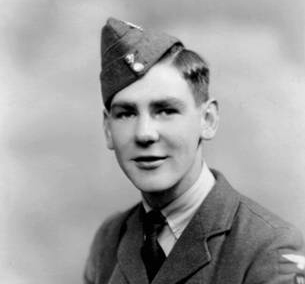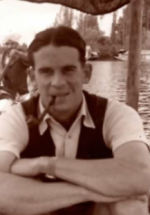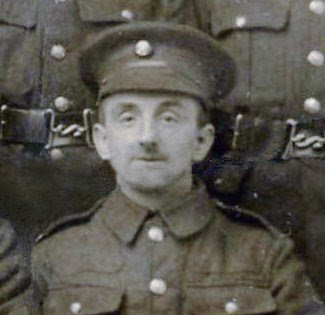Fri Dec. 6 9 P.M. [1940]
# PAY RISE FOR COASTGUARDS – INCLUDING WILL
Jim Coupland has to go next Thurs. Came round to-day for the last time. F Blakey is going too. [Brother] Frank is coming home for week-end, is not very settled at Gainsboro’ and does not care much for new trade. 51 is too old to start learning new trades, I think, and then having to go in lodgings after 20 and more years of home, does not go down very well. Father thinks he will probably give it up. Rene brought rags for gunners at “Corbie” to-day. They are always wanting rags to clean the guns, she said they nearly fell on her neck. I must find some more. Not that I would want them to fall on my neck. Had a letter from [sister] Emily this week, they want to remove further from Manby as soon as they can. The planes are continually over them and the Gers too go that way a lot, no doubt after the aerodrome as well as Louth.
Jim Coupland was a delivery driver for Jack Taylor’s butchery.
‘Go’ here, and in many other instances in the Diaries, meant ‘join up for military service’.
Fred Blakey was a decorator who lived nearby.
Frank Simpson was May’s brother. His usual work was as a carpenter, joiner and cabinet maker, using his own home workshop. He was asked to undertake war work in the engineering works of Rose Brothers in Gainsborough, north-west of Lincoln.
‘Gunners’ probably referred to soldiers of the Royal Artillery.
Emily Lewis, May’s sister, was married to a farm worker. Their home, at that time, close to RAF Manby, near Louth, would have been in an obvious enemy target area.
# PRAYER AND A POEM FOR PEACE FOR CHILDREN
Rene came home in the gale to-day. We hardly expected her. Think it has died down a lot now, but tho’ it was a W. Wind it did not go to bed with the sun. It came in squalls and gusts all day. I can hear it again now, hope it doesn’t start again as I want to go to bed and I feel almost more nervous in a gale than when I hear distant bombs. Jean is asleep on the couch, it seems a pity to have to wake her again but she is too nervous to go to bed before we do. She is undressed and rests well so I don’t think it will do her as much harm as forcing her to go upstairs alone. Poor town children, I feel so sorry for them, more than sorry, it is most distressing to think of them. For their sake I pray the war will come to a speedy end.
May’s earliest dated poem carried the date of 6th December 1940 and took up the theme of her concern for children and her prayer for an end to the war: Peace for Children – A Prayer This poem begins the collection which will be added to each time a poem appears in relation to a diary entry.
Page 2 of 2 | Previous page



